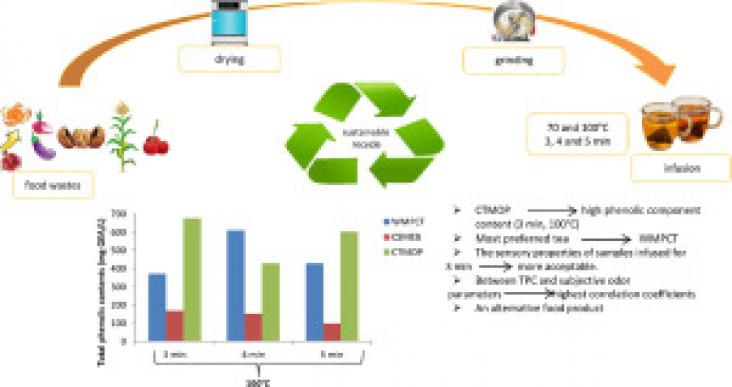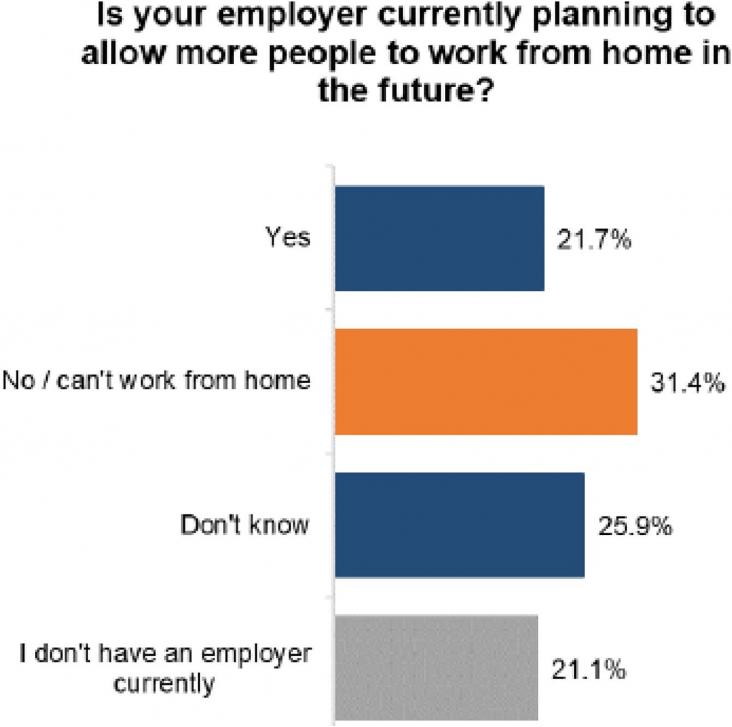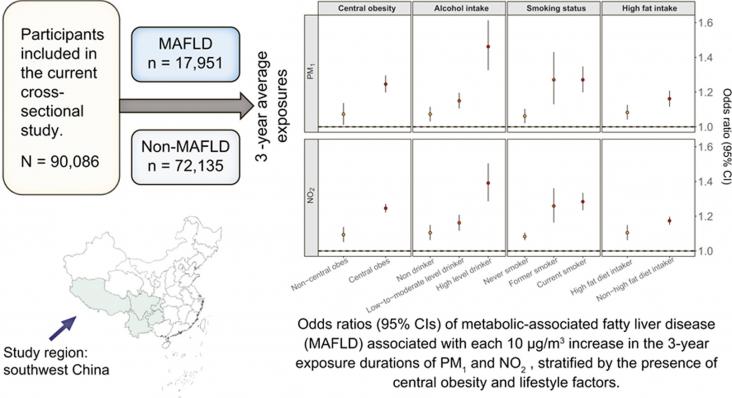The predicted future climate change can be expected to have an impact on the biogeochemical conditions in pit lakes that must be considered when modelling pit lake water quality. Climate change might e.g., affect temperature and precipitation patterns, which can influence other factors such as water balance, hydrology, limnology, and biogeochemical prediction

Our planet, our health
Are we able to reimagine a world where clean air, water and food are available to all?
Where economies are focused on health and well-being?

The UK Climate Change Agreements (CCA) aim to save energy and carbon emissions by way of energy efficiency targets in industrial sectors, while simultaneously reducing energy costs for participating organisations with large discounts on Climate Change Levies (CCL). This article is related to SDG 7, Affordable and Clean Energy; SDG 13, Climate Action; and SDG 9, Industry, Innovation and Infrastructure; as it demonstrates the ways in which governments can not only improve energy efficiency but also benefit industrial sectors.

This papers focuses on the reuse of food waste in tea for more sustainable food practices.

In the effort to combat climate change and reduce energy consumption, largescale energy efficiency improvements to residential and commercial properties are a key aspect of the UK Government's Clean Growth Strategy. This article discusses the history of The Green Deal and the legal implications for landlords and tenants of the private rented sector. The need for energy-efficient homes and commercial properties relates to SDG 7, Affordable and Clean Energy, which aims to ensure access to affordable, sustainable, and modern energy for all. Affordable and clean energy for all will combat climate change by reducing energy consumption and emissions, thus relating this article to SDG 13, Climate Action.
A review in support of SDGs 3 and 13, highlighting the need to link population-based mental health outcome databases to weather data for causal inference, and for greater collaborations between mental health providers and data scientists to guide the formation of clinically relevant research questions on climate change.
A Correspondence on the contribution of national public health institutes to tackling the climate crisis, in the context of SDGs 9 and 13, highlighting the development of a roadmap serving to strengthen the role of these institutes in mitigation and adaption policies.

Telecommuting has become a dominant professional experience for many Canadian business and workers due to the COVID-19 pandemic. Telecommuting has several benefits that are separate from COVID-19.

World Water Day is on 22 March every year. This year’s theme is ‘groundwater’ and draws attention to the hidden water resource that has always been critically important but not fully recognized in sustainable development policymaking. To raise awareness on sustaining groundwater, Elsevier presents a curated list of publicly available journal articles and book chapters. At Elsevier, we are advancing #SDG6 research and ensuring that #groundwater is sustainably explored, analyzed, and monitored

Background & Aims: Accumulating animal studies have demonstrated the harmful contribution of ambient air pollution (AP) to metabolic dysfunction-associated fatty liver disease (MAFLD), but corresp
